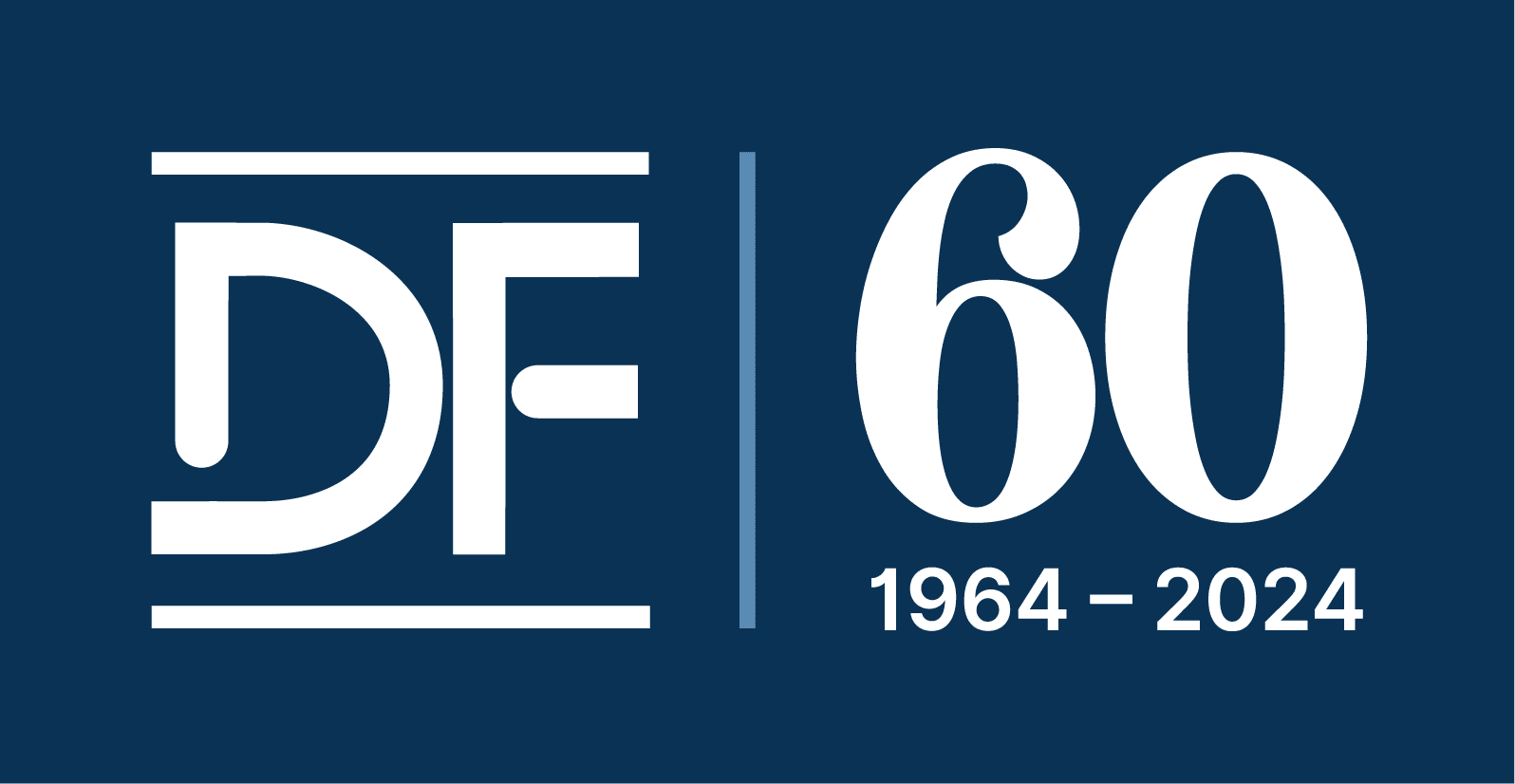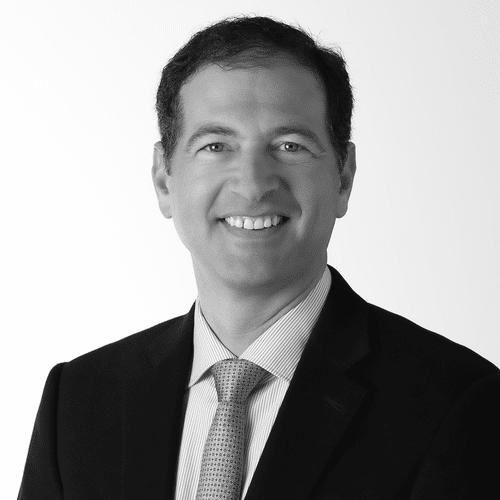
Dr. Resneck received his first DF award, a Dermatologist Investigator Research Fellowship in 2001 for his research, ‘Too Many Dermatologists? A Reassessment of the Specialty Workforce.’ He was awarded his 2003 Health Care Policy Career Development award for his work, New Methods for Examining Dermatology Workforce Adequacy.
We recently sat down with Dr. Resneck to discuss his career and the impact DF funding has had for him and the specialty of dermatology.
Hear the Thoughts of a Self-Professed “Policy Nerd”
DF: Good morning, Dr. Resneck, it’s an honor to meet you. Let’s start with learning a bit about your relationship with the Dermatology Foundation.
Dr. Resneck: When I was a resident 25 years ago, I was fortunate to train at a place where there were junior faculty whose work was supported by the Foundation, and I got to witness its importance. And it became more relevant a few short years later when I was doing a health policy fellowship at UCSF. It was a critical time in my career when I was gaining training and experience and finding mentors, but it wasn’t yet at a stage where I could attract large federal grants or other things to support that work.
So, it filled that gap and supported my training during a critical time.
DF: And do you have a continuing relationship with them?
Dr. Resneck: I do. I was so moved by the role of the Foundation in my and others’ careers that I joined the board.
I also have the pleasure and privilege of co-directing an annual medical education meeting that the Foundation runs in Florida every year to highlight young folks that the Foundation has supported around the country.
DF: That’s wonderful! I was reading about your advocacy in health work, and I have to ask you, what does it feel like to testify in front of Congress?
Dr. Resneck: I’ve been a policy nerd ever since I was a little kid. I think my parents were terrified when I was a teenager that they were going to end up in Safeway parking lots, handing out leaflets for some congressional run in my future.
But I’ve had the real joy of being able to advocate for this profession that I love so much and for the patients that we get to take care of. And because of that, there are a lot of venues where I get to do that, and testifying before Congress, and meetings at the White House are some of those.
DF: You became the AMA president in 2022 and have done a great amount of advocating for physicians post-COVID. Can you tell us about that?
Dr. Resneck: I came into this role as AMA president during what I think was, and still is, a challenging time for the profession. Having to face anti-science aggression and disinformation out there and work hard to educate our communities and our patients in the face of all of that.
We’re also seeing record numbers of physicians saying that they are contemplating leaving the profession or stopping their practices in the next two years. And we know what the drivers of burnout are—they are the things that get in the way of us being able to do as physicians what drew us to this profession in the first place—take great care of our patients.
So, whether it’s stuff with Congress and Medicare payments not keeping up with inflation, health insurers that are putting up obstacles to evidence-based care—all those stand in the way. And then all the challenges that we’re seeing in terms of government or fairness in healthcare around the country and states trying to step in and pass laws that limit the care that physicians can provide to their patients.
DF: Even with all of that, I see, and hear, so much joy in you. How do you maintain that?
Dr. Resneck: I still love my job, and I still think it’s a huge privilege to get to walk into an exam room when I’m back in San Francisco and sit down with individuals and talk together about their challenges and their health problems and try to solve those together.
We as physicians get to do that. So, I have to be optimistic about the future because I want this profession to be protected for another generation of people to come in behind me and be able to enjoy it as much as I have.
DF: Thank you. What do you think is the biggest impact the Dermatology Foundation has made in these past 60 years?
Dr. Resneck: Well, I just look at the generations of people who are now in research and practice who have benefited from dermatology grants over the years, and it’s pretty exciting to see colleagues around the country and recognize how many of them have had the Dermatology Foundation play a crucial role in their careers.
When you look at all the new treatments that we have for our patients, targeted therapy, biologics, whether it’s for chronic inflammatory diseases or cancers like melanoma, a lot of the people who were involved in that research had their careers supported at early stages by the Dermatology Foundation.
And the Foundation has also, I think, been smart enough to think very broadly about the types of people that they want to invest in. So, it’s not just basic science research, but they invested in my career around health policy and have done the same for many people who came after me. They’ve invested in pediatric dermatology and surgical dermatology, dermatopathology, and many of the sub-specialties that make up our specialty and our community.
And in the last few years, they have been thoughtful about investments in health equity, where we have major work to do as a specialty
DF: Where would you like to see the Dermatology Foundation go in the next 60 years?
Dr. Resneck: At the end of the day, it’s really about the Foundation’s ability to continue to be relevant for the future of the specialty. And to do that, the Foundation needs resources. So, I think we have work to do in reaching out in this era after three to four years of a major global pandemic, reconnecting with members of our specialty around the country.
Being able to continue to raise funds to support future generations of physician-researchers is probably the most important thing the Foundation can do moving forward.
DF: Thank you! One last question. Where would you like to see your career evolve?
Dr. Resneck: It’s a great question and I’m taking advice! I’m in this interesting year as the immediate past president of the American Medical Association. So, they’re keeping me quite busy right now, but there’s a big transition ahead as that role ends.
I have another great fun role that I have been able to come home to, which is being chair of the Department of Dermatology at UCSF in San Francisco. And my focus in the next few years will be thinking about how to support and grow that community that I care so much about locally.
But I don’t know what the next decade will hold for me.
DF: Whatever it reveals, we wish you the greatest success. Is there anything else that you would like us to know?
Dr. Resneck: I can’t say enough about how important it is that the Dermatology Foundation is in the right place at the right time—this critical period when people have a fire in their belly and want to be engaged in creative thinking and research. Coming out of training, there are a few tough years when you’re not yet at a point when you can apply for big NIH funding or the other things that can keep a career like that going.
The Foundation fills that hole where we otherwise could lose some of these people that we’ve really invested a great deal in as a specialty, as a country, and as a society.
DF: What a great reminder to end on. Thank you, Dr. Resneck!
Dr. Resneck: Thank you.


